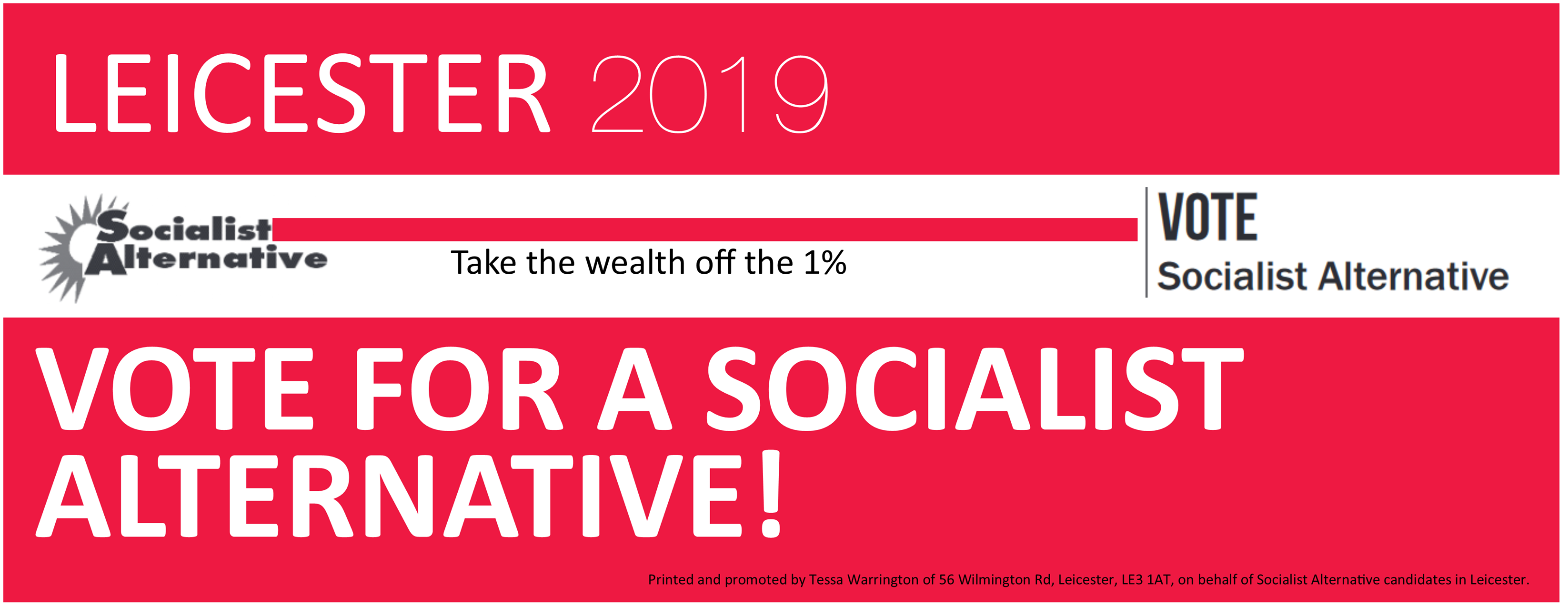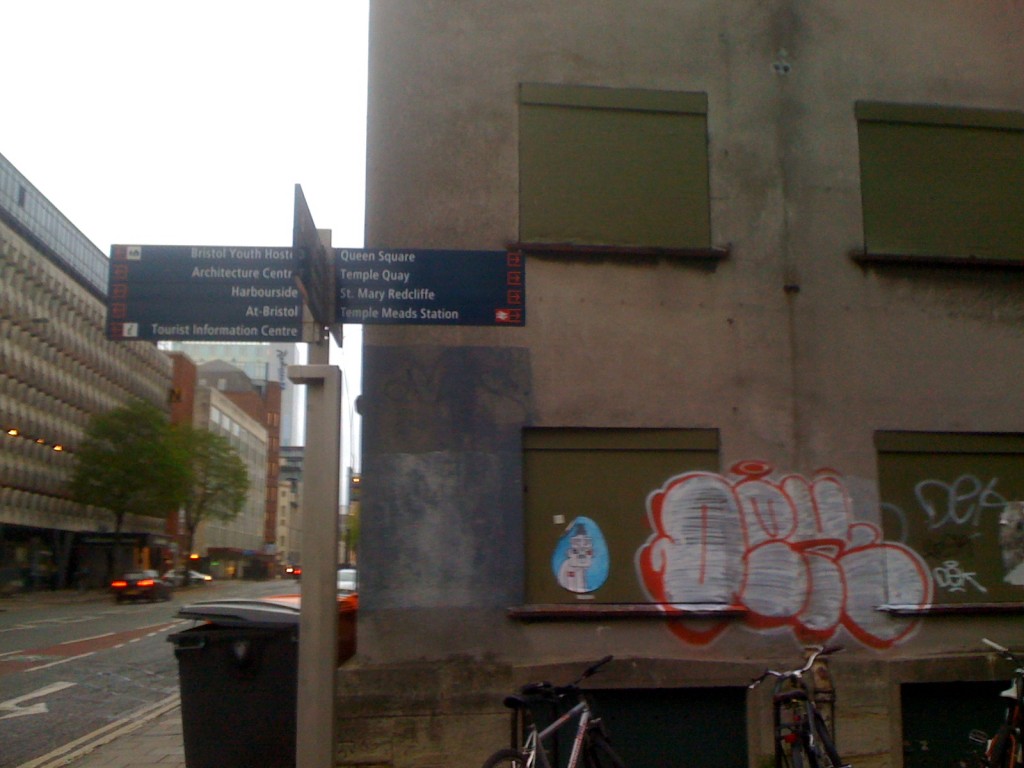Why is there a Housing Crisis?
The Daily Telegraph predicted that 2014 will be another profitable year for homeowners, suggesting that “the spring could be a great time to go for that investment-cum-country-house you have had your eye on.”
What a luxury for a privileged few, to be able to snap up another property, sit back and watch the value soar! A stark contrast to the situation that most of us are facing. Homelessness in England has increased by a third since 2010, and home ownership is now at its lowest level in 25 years.
Building companies are announcing rising profits – Bovis Homes posted a 48% increase in operating profits to £79 million, adding a dark string to their bow by recruiting a new chair in the form of Ian Tyler, the pathetic man who previously oversaw years of blacklisting at Balfour Beatty.
Bovis’ deputy chairman, Alastair Lyons, also heads up Serco, one of the world leading vulture companies which profiteers from the ongoing privatisation of prisons and hospitals. By no means incidental, multi-millionaire Kevin Beeston, a former chairman of Serco, is now the chairman of building giant Taylor Wimpey, whose operating profits rose 39% to £313 million last year.
Profits may be increasing, but output in the building sector is 11.3% below its pre-crisis peak. Last year only 109,370 new homes were built in England, yet according to Home Truths- a report by the National Housing Federation- as a country we need 240,000 new homes a year simply in order to meet demand. The consequence of this needless shortage of homes is sky high rents and house prices.
Currently rents take up an average of 50% of the average person’s disposable income, a trend that is only likely to worsen. Moreover, the number of housing benefit claimants who work has risen by 104% since 2009, which says a lot about intensifying exploitation and casualisation in the workforce.
£24 billion pounds of taxpayer’s money a year goes on housing benefit- most of which is going in the pockets of private landlords. Surely a better use of this money would be to build more affordable homes?
It is also well established that money spent on house building stimulates economic growth faster than any other industry- every £1 spent on housing generates £2.41 in the wider economy, and every new home creates 2.3 jobs.
There are factors other than alleged red tape that can block house building. In well-to-do rural communities local campaigning can often prevent new construction projects that could house young families. Well- off residents don’t want their countryside views spoilt or the value of their homes to decrease!
Renting used to be seen as a temporary stage before getting on the property ladder, but with house prices rising twice as fast as wages, the chance of becoming a homeowner is now little more than a dream for most people.
While the working class suffer, profits roll in for the rich, with land prices having grown by a factor of 16 between 1983 and 2007. This has led to the super-rich engaging in a practice known as “landbanking,” creating a situation where homes are not built despite the existence of planning permission. Such land is then sat on until such a time as it can be built on more profitably.
A report for the GLA in 2012 revealed that 45% of homes for which planning permission had been granted would not be built because the companies that secured them are not in the building business!
Few believe the Tories lies, but the week before David Cameron’s arrival at Downing Street in 2010, speaking on the topic of social housing he boasted: “The Conservative position … is very clear: we support social housing, we will protect it, and we respect social tenants’ rights.” This “support” obviously doesn’t stretch as far as to actual provide social housing, as growing waiting lists illustrate- some 4.5 million people and counting.
On the issue of actual provision, the Government’s affordable housing budget for 2011-2015 has seen funding almost halved with austerity providing a convenient smokescreen. The social rented housing model has now been dropped in favour of a new “Affordable Rent” tenure. New homes built will be let at up to 80% of local market rents with flexible tenancies of at least two years instead of secure lifetime tenancies.
Looking back to the Thatcher Government, the housing market collapse as a result of Tory policies led to the number of unintentionally homeless tripling from 53,000 in 1978 to nearly 149,000 in 1991.
Denying their own role in creating such devastation the Tories responded by further punishing the victims of their privatisation policies by passing the 1996 Housing Act. This Act replaced a homeless person’s legal right to permanent accommodation with temporary housing for up to two years.
This vicious attack was then followed by New Labour’s demunicipalisation of social housing through “stock transfer” to housing associations and by acting to expand the role of private providers and finance in this sector. Despite ongoing demands for a policy of investment in council housing at four successive Labour Party conferences (2004-8) New Labour turned instead to their friends in the corporate world.
The subsequent 2011 Localism Act brought about by the Con- Dems has given teeth to the Tories “big society” vision of privatisation and charity based welfare. The housing crisis has again been framed in such a way that blame has been shifted towards so-called “scroungers” putting a drain on society.
There is never any mention of corporate scroungers though, like for instance Care UK which is one of Britain’s biggest private health companies. Despite Care UK being paid £190 million a year from public money to treat NHS patients in 2012, they are currently slashing workers terms and conditions- which has led to a valiant ongoing fight-back from their employees.
This case study is particularly relevant to the issue of housing as this year the exploitative owners of Care UK, Care UK Health & Social Care Holdings, will be appointing a new chairman-John Allan, who happens to be the chairman of Barratt Developments — a corporate ‘house-building’ giant which has seen it’s profits rise 162% to £120.4m.
Mr Allan is unlikely to bring about any positive changes at Care UK, as major private equity group Bridgepoint Capital is a majority shareholder in Care UK. Moreover, one of Allan’s fellow board members at Barratt’s (Richard Akers) is a board member leading land speculator Land Securities plc – the largest Real Estate Investment Trust in the UK – where he works with fellow board member Sir Stuart Rose, who is counted as a trusty advisor to Bridgepoint. In 2010, Rose wrote a public letter congratulating the Tories on their plans “to institute widespread cuts in public services and state benefits.”
House building should exist to provide shelter for all, but under Capitalism- as with any other industry- the main aim becomes to make money for those at the top. Why would big business worry about providing roofs over peoples heads if there is no profit to be made?
Our demands on housing include:
- Tackle the housing crisis by mass building and renovation of council houses
- Cap all rents in the private sector at council rent level
- Scrap the bedroom tax
- For a £10 an hour minimum wage for all
- Nationalise the house-building companies
- Fight for a socialist alternative to capitalism




